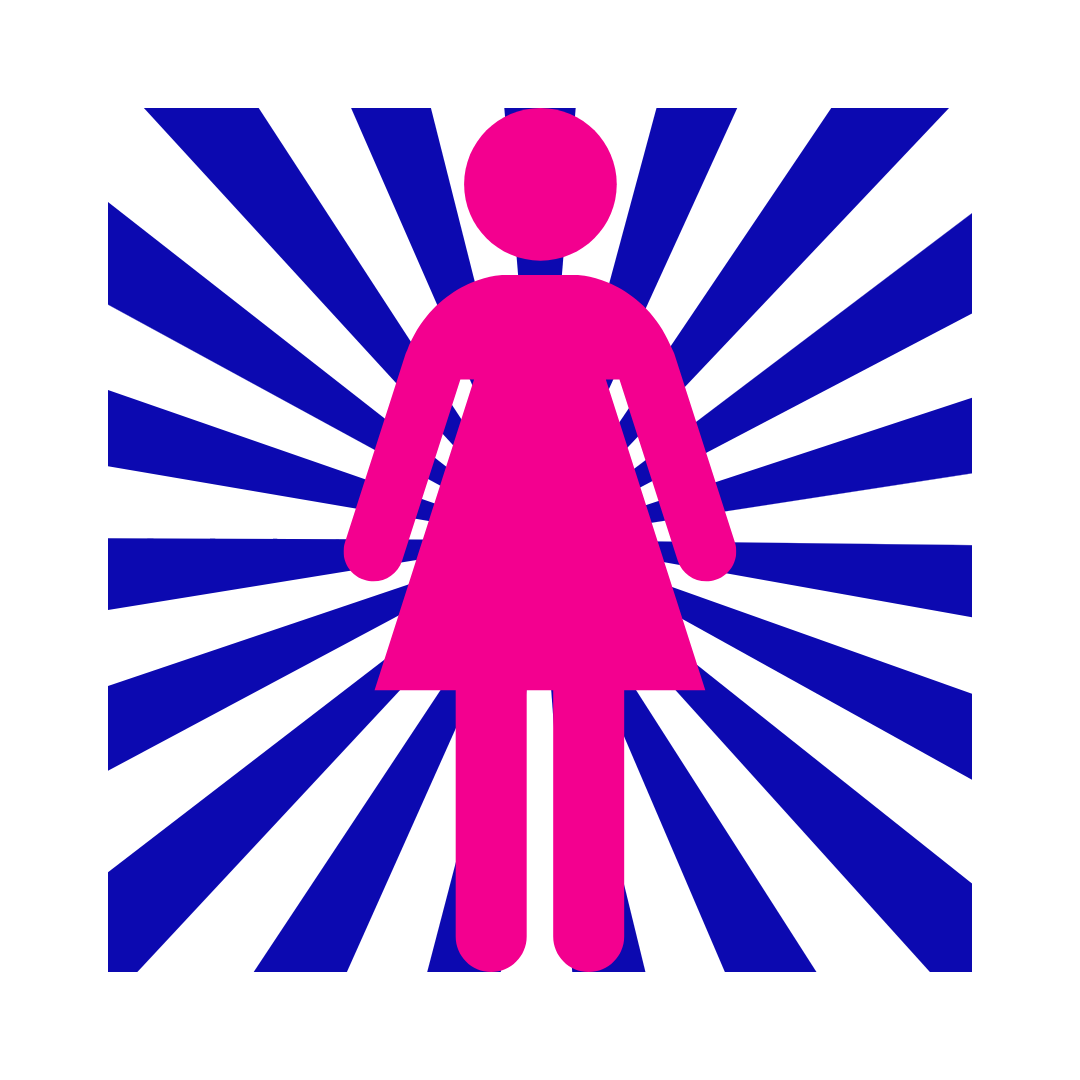Aston sought medical help after her symptoms—which included severe migraines, abdominal pain, joint dislocations, easy bruising, iron deficiency, fainting, tachycardia, and multiple injuries—began in 2015, per the New Zealand Herald. She was referred to Auckland Hospital, where a doctor accused her of causing her own illness. Because of his accusations, Aston was placed on psychiatric watch.
Research suggests women are often much more likely to be misdiagnosed than men. A 2009 study of patients with heart disease symptoms found 31.3 per cent of middle-aged women “received a mental health condition as the most certain diagnosis”, compared to just 15.6 per cent of their male counterparts. Additionally, a 2020 study found that as many as 75.2 per cent of patients with endometriosis—a painful disorder that affects the tissue of the uterus—had been misdiagnosed after they started experiencing endometriosis symptoms. Among those women, nearly 50 per cent were told they had a “mental health problem”.



We’ll need to ensure that this bias against female (and also male) patients isn’t adopted by the AI. We’re already not properly testing medicine on both sexes. Medical textbooks often list stuff as more or less common in one sexe. This is entirely possible but if the data isn’t properly screened we’re just moving the problem. Data can exist and be wrong for many reasons. We should address that urgently. It is bad for everyone. I think it is plausible an AI could have reached the same conclusion here because of all the mental health problems considered far more common in women. Did anyone ever even check where the source of that data is? Because some stuff really hasn’t been rechecked in the last 50 years I’m sure.